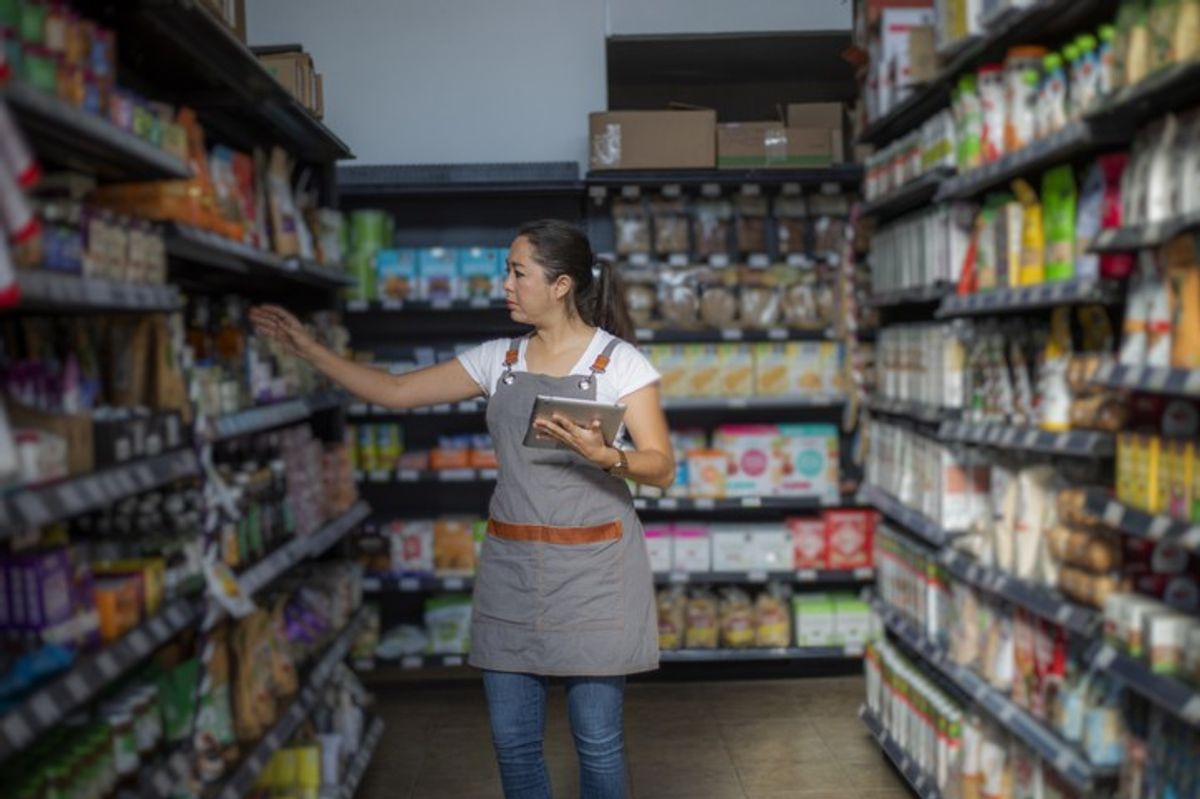Grocers must focus on their price positioning to remain competitive as food and grocery spending in UK convenience stores is projected to outpace the hypermarkets, supermarkets, and discounters channel.
According to GlobalData, food and grocery spending in convenience stores is projected to reach £43.2 billion by 2028, growing at a compound annual growth rate (CAGR) of 2.0 per cent between 2024 and 2028.
Between 2023 and 2024, the traditional big four grocers, Tesco, Sainsbury’s, ASDA, and Morrisons, collectively added 800 new convenience stores to their portfolios, with ASDA and Morrisons leading the growth with acquisitions. This rapid expansion underscores increasing competition in the convenience market.
After successfully focusing on price in large format stores to appeal to consumers during the cost-of-living crisis, grocers must shift their focus on agile pricing to convenience locations.
Sainsbury’s and Tesco are notable examples within convenience, with Sainsbury's recently introducing Aldi price matching in its Local stores and Tesco announcing price reductions on over 200 products in its Express stores.
Aliyah Siddika, Retail Analyst at GlobalData, comments, “This replication of price focus from larger format stores to grocers’ expanding their convenience offer will encourage consumers to impulse buy due to increased affordability.
"The shift in UK consumer behaviour towards frequent top-up shopping has also created substantial growth potential in the convenience market.”
Before the pandemic, 81.6 per cent of UK consumers stated they would visit a grocer on the way home from work, and 78.4 per cent reported the same now.
Budget limitations have primarily driven this change, followed by the rise of hybrid working. Pre-pandemic, consumers working in the office full-time had less time to cook dinner after work.
However, with the shift to hybrid work models, consumers now go into the office a few times a week and are more likely to have the time to prepare meals ahead of the days they are in the office to save money.
Convenience retailers should promote low prices on their fakeaway options to entice consumers to visit on their way home from work for an affordable yet indulgent meal.
Siddika concludes, “When offering deeper price cuts in convenience formats, grocers must target price promotions towards items that consumers are more inclined to purchase during the workweek. Such as food-to-go ranges, ready meals, quick dinners, and treats to capture spending from commuters."


